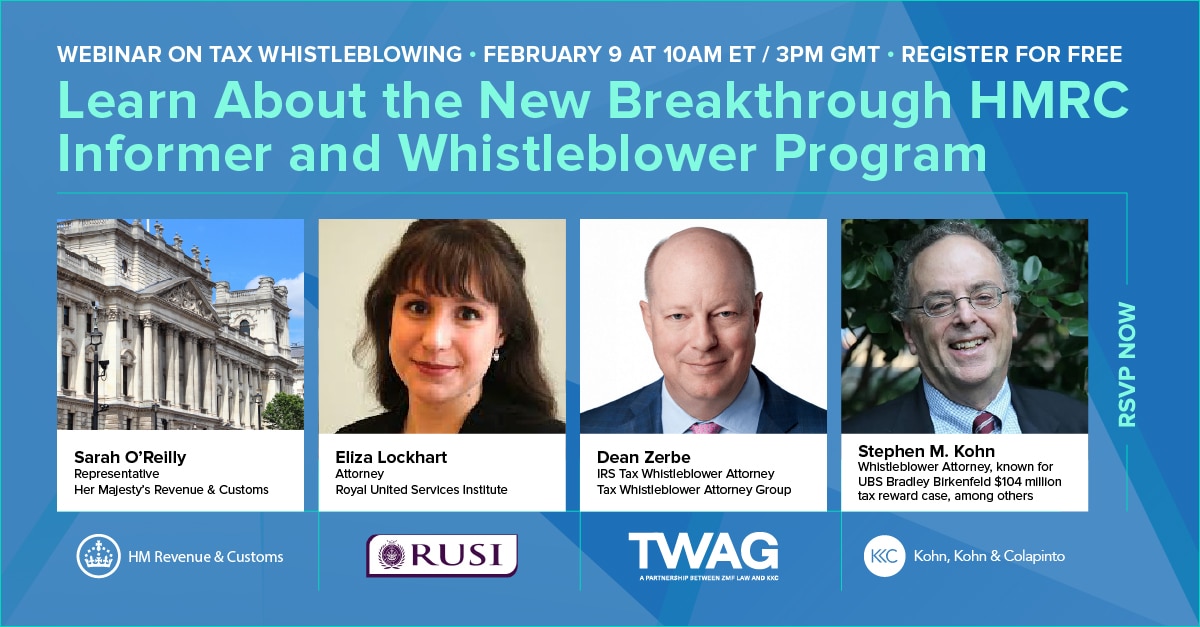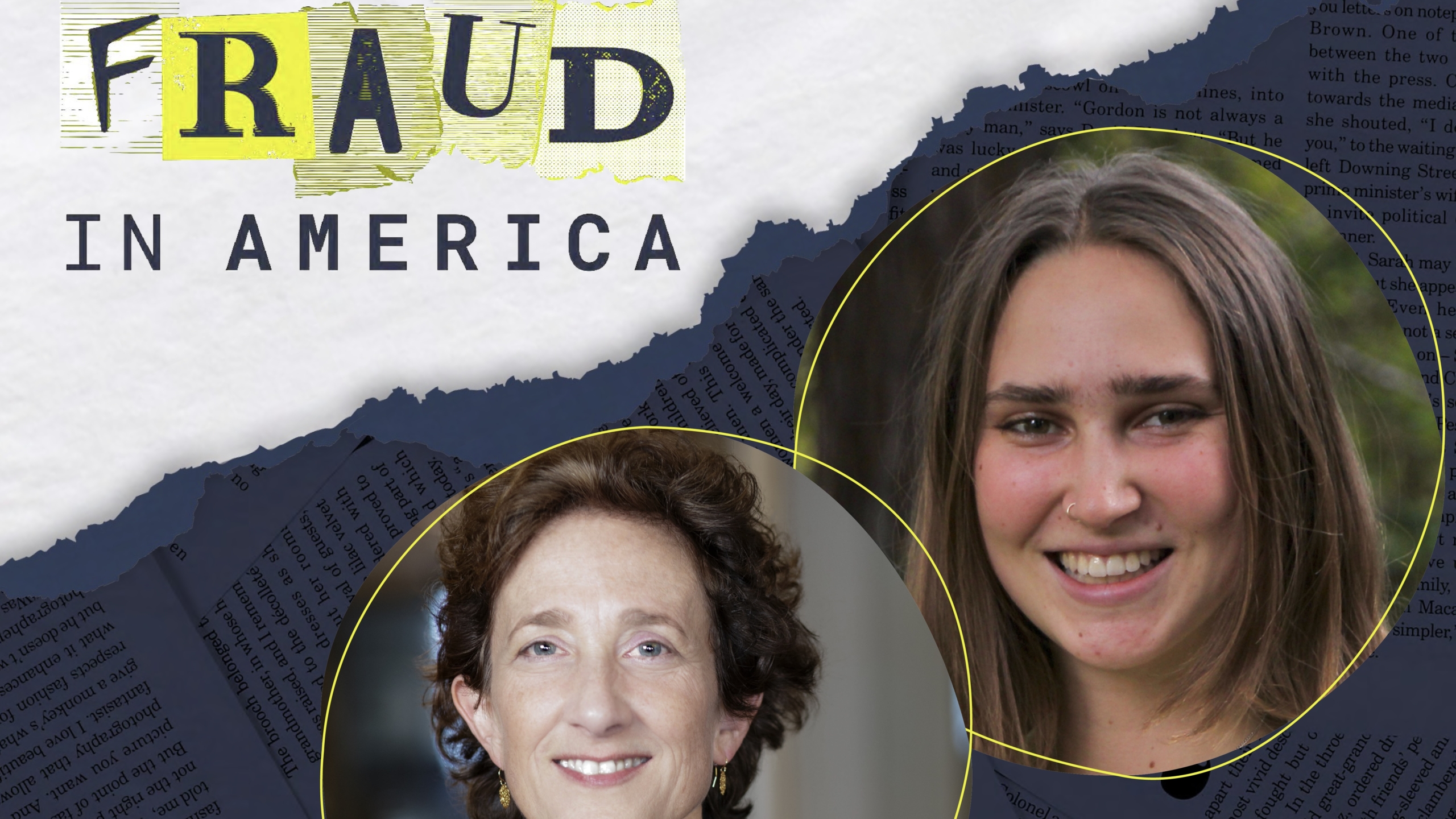Whistleblower Book Featured in Practical Lawyer Magazine

Stephen M. Kohn, founding partner of Kohn, Kohn & Colapinto LLC (KKC), was recently published in the August issue of ALI CLE’s The Practical Lawyer. His article, “Whistleblower Laws and the Fight Against Corruption from Within,” provides a rich overview of the contents of Kohn’s new book, Rules for Whistleblowers: A Handbook for Doing What’s Right.
“Whistleblowers never anticipate becoming whistleblowers,” said Kohn, commenting on why he feels it is so vital to disseminate the information in his book. “In any whistleblower story you hear, the common denominator is a good person just trying to do their job. Regular employees need to know their rights when it comes to reporting fraud and misconduct in the workplace. You never know when you may need to blow the whistle, and it’s important to be prepared should you need to.”
Kohn’s article consolidates the information in Rules for Whistleblowers extremely effectively. It begins by delving into the recently uncovered revolutionary origins of whistleblower laws, which trace back to 1777. The article continues to walk readers through the history of U.S. whistleblower laws, explaining the evolution of the False Claims Act, IRS Whistleblower Law, Securities and Commodities Exchange Acts, and the Anti-Money Laundering Act. Environmental whistleblower laws related to pollution from ships and wildlife trafficking have also created grounds for U.S. jurisdiction in ESG cases abroad. The succinct yet accessible explanation of these laws makes a compelling case for the utility of transnationally-applicable whistleblower laws in the fight against international corruption.
In 1988, Kohn helped found the National Whistleblower Center (NWC), where he currently serves, pro bono, as Chairman of the Board.
“Part of the reason we founded NWC is because my colleagues and I identified a need to organize and advocate for stronger whistleblower laws.” Kohn said.
In this capacity, Kohn helped draft key whistleblower rules and legislation, including those incorporated into the Sarbanes-Oxley Act, Dodd-Frank Act, the IRS Qui Tam whistleblower amendments, and Whistleblower Protection Enhancement Act.
“I call these the ‘supersonic’ whistleblower laws,” Kohn said. “They didn’t exist back when I started doing this, so I’ve seen how they completely changed the game.”
Kohn’s article demonstrates just how transformative these laws have been. Thanks to the modernization of the False Claims Act, whistleblower disclosures currently amount to 70% of the civil fraud recoveries from corrupt contractors, meaning more money is returned into the pockets of the public. Whistleblowers also amount to 42% of detection methods of occupational fraud. The overwhelming evidence that whistleblower rewards work continues to propel Kohn’s work at KKC and NWC.
Kohn hopes that the ALI CLE article can help potential whistleblowers navigate these relatively new laws and understand the protections and incentives made available to them under the law. Rules for Whistleblowers has already received high praise from Kirkus Reviews and Publishers Weekly, deeming his work “[a]n essential resource for potential whistleblowers, packed with practical advice.”
KKC has also launched a public Law Library as a resource to help people navigate whistleblower laws. 100% of Rules for Whistleblowers proceeds go to the National Whistleblower Center.
Read Kohn’s article: Whistleblower Laws and the Fight Against Corruption from Within
Latest News & Insights
January 27, 2026





